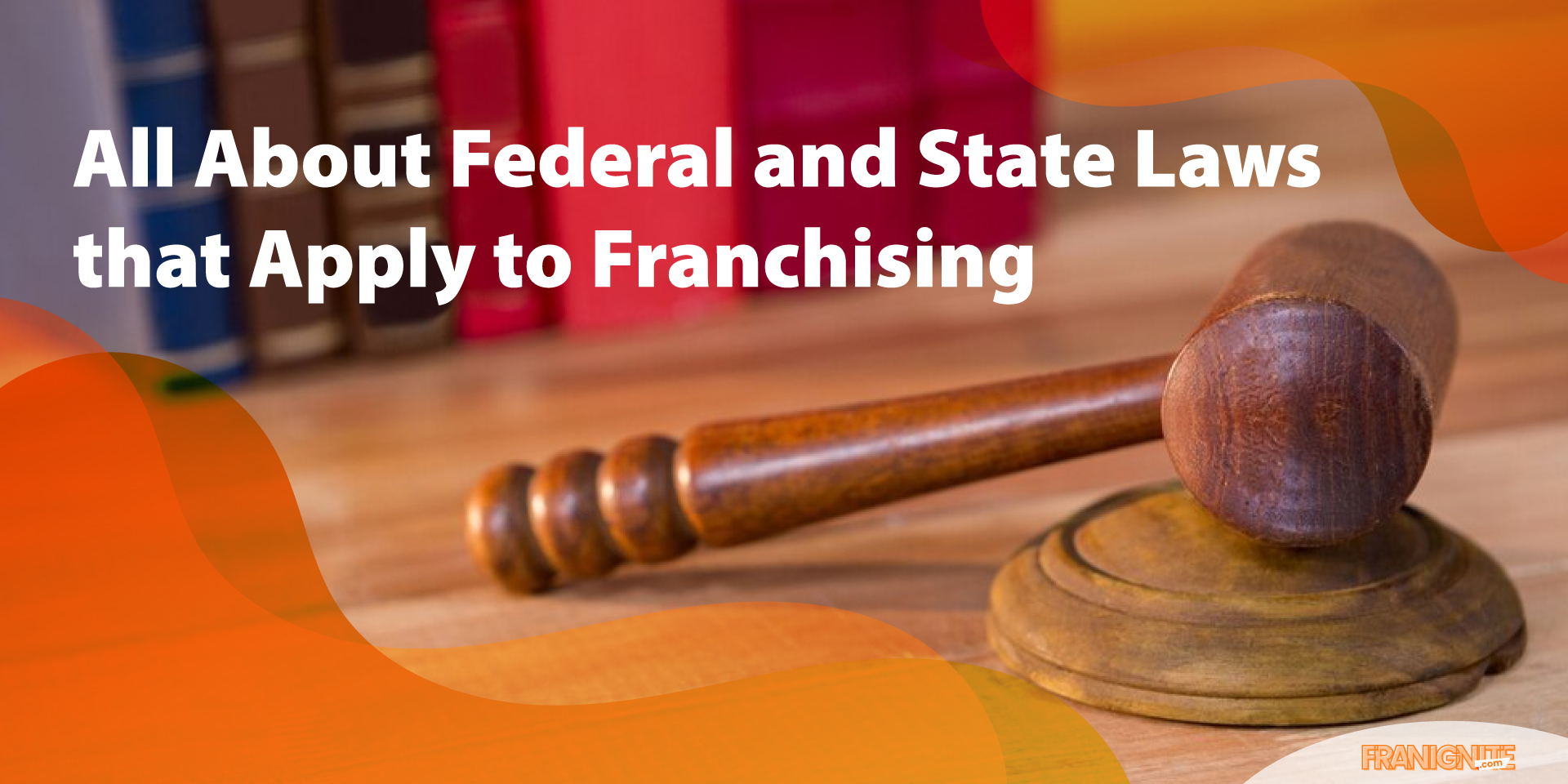Franchise laws refer to a combination of federal and state laws that dictate the rules and regulations surrounding the registration, offer, and sale of franchises, as well as the legal dynamics between franchisors and franchisees. The Federal Franchise Rule, overseen by the Federal Trade Commission, acts as the primary federal franchise law that governs franchise transactions in all fifty states. Its primary objective is to ensure that franchisors provide a franchise disclosure document to potential franchisees before any offer or sale takes place.
The Federal Franchise Rule lays down the minimum standards for franchisors’ disclosure requirements, while individual states have the option to enhance these standards with their specific franchise laws and regulations.
State franchise laws also encompass franchisors’ disclosure requirements, the franchisor-franchisee relationship, and the registration and review of franchise disclosure documents. Some states are referred to as franchise registration states, which require franchisors to register the FDD with the state administrator. Other states are franchise filing states, which require the filing of a notice or exemption request, while some states do not require registration or filing, referred to as non-registration states. Visit the state-specific franchise laws page for more information on state franchise laws.
States that require franchisors to register their FDD before offering or selling a franchise within that state are called franchise registration states.
Franchisors are obligated to renew and update their FDD state registrations annually. For franchisors that maintain federally registered trademarks, the franchise registration states include California, Hawaii, Illinois, Indiana, Maryland, Michigan, Minnesota, New York, North Dakota, Rhode Island, Virginia, Washington, and Wisconsin. However, franchisors who do not have federally registered trademarks are also required to register their FDD or franchise offering in Connecticut, North Carolina, South Carolina, and Maine.
Filing states, on the other hand, do not require the registration of a franchisor’s FDD but instead,
require a filing or notice with the state. For franchisors that maintain federally registered trademarks, the filing states include Connecticut (one-time filing), Florida (annual filing), Kentucky (one-time filing), Nebraska (one-time filing), North Carolina (one-time filing), South Carolina (one-time filing), South Dakota (annual filing), Texas (one-time filing), and Utah (annual filing).
Non-registration states are those that do not require franchisors,
who maintain federally registered trademarks, register their FDD, or provide a filing or notice to the local state regulator. These states include Alabama, Alaska, Arizona, Arkansas, Colorado, Delaware, District of Columbia, Georgia, Idaho, Iowa, Kansas, Louisiana, Maine, Massachusetts, Mississippi, Missouri, Montana, Nevada, New Hampshire, New Jersey, New Mexico, Ohio, Oklahoma, Oregon, Pennsylvania, Tennessee, Vermont, West Virginia, and Wyoming.
Liked what you read? Follow us on Linkedin.
Want your franchise news to be covered? Send your Press Release.




